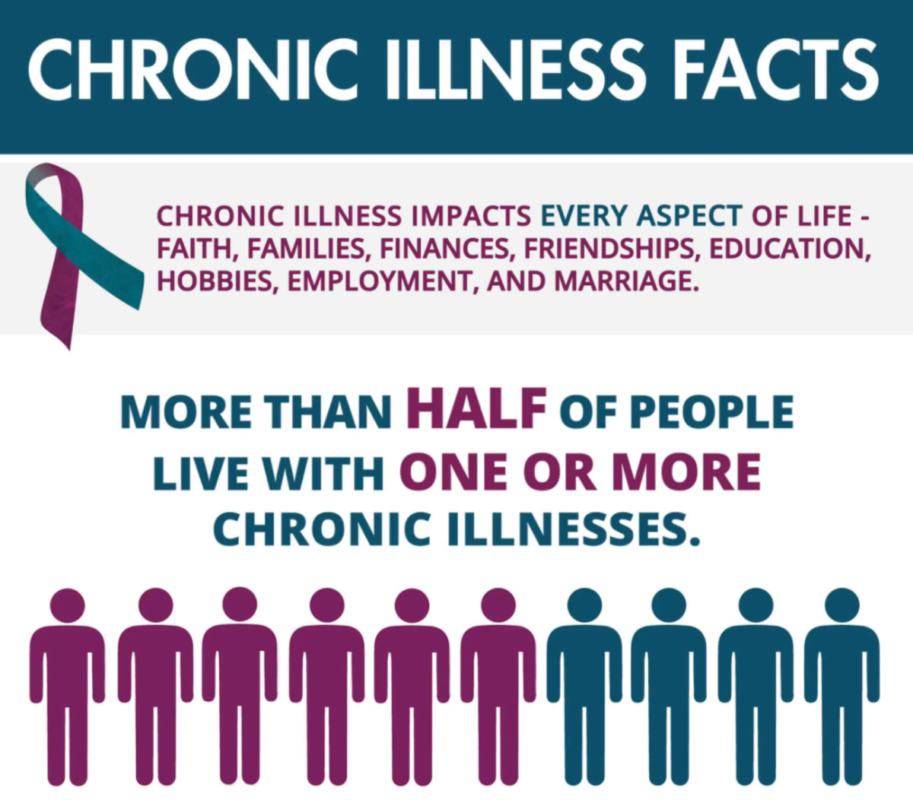Living with chronic illness means that managing symptoms is a daily part of my life. As someone who navigates living with lupus and fibromyalgia, I’ve developed strategies that help me balance my roles as a mother, wife, and clinician, while attempting to live gracefully with chronic illness.

Here are some practical approaches rooted in both science and my lived experiences:
1. Energy Pacing as an Act of Self-Respect: Learning to balance activity and rest helps prevent symptom flare-ups. I encourage creating a “daily energy budget” to focus on high-priority activities without depleting yourself.
2. Mindfulness Meditation as a Pain Management Tool: Evidence suggests that mindfulness practices can reduce symptoms, improve coping, and enhance overall quality of life across various health conditions (Greeson & Chin, 2019). So, set a timer for just 2 minutes and take a deep breath in through your nose and out through your mouth, if you have access to do this. While breathing, think about your favorite place that you have been or want to visit (a room, a park, a beach, the forest) and visualize every detail that you can about that place. Invite all 5 senses into your visualization of this place. When the timer ends, return to your day feeling a little more relaxed and calmer.
3. Building Community for Emotional Support: Chronic illness can be isolating. I advocate for connecting with others who understand the journey, offering a blend of clinical advice and personal insights on finding supportive communities. For example, Lupus LA has virtual support groups for lupus patients and their caregivers globally: https://lupusla.org/support-groups/.
4. Self-Compassion and Honoring Your Limits: No matter what each day looks like, remember to treat yourself with kindness and grace. Living with physical limitations and pain can cause extreme frustration. My mentor once told me: accept your limitations as God’s gifts. After rolling my eyes, I reflected on the wisdom of this advice. When things feel out of your control, it is an opportunity for you to lean more into your faith and treat yourself with much more compassion. Your best will look different each day, and that is always okay.

Discover helpful resources in the Faces of Health app, which is designed to help you track and improve your mental, emotional, and physical well-being. The AuDHD Strong app is another resource that can help neurodivergent individuals improve executive functioning and better manage stress with research-backed tools.
Download Faces of Health now from the Apple Store or the Google Play Store.
And
Download AuDHD Strong now from the Apple Store or the Google Play Store.
I also invite you to explore the Empowerment Through Understanding: Adult ADHD and Autism Modules here for insights and practical strategies to help you thrive.
Reference
Greeson, J. M., & Chin, G. R. (2019). Mindfulness and physical disease: A concise review. Current Opinion in Psychology, 28, 204–210. https://doi.org/10.1016/j.copsyc.2018.12.014
